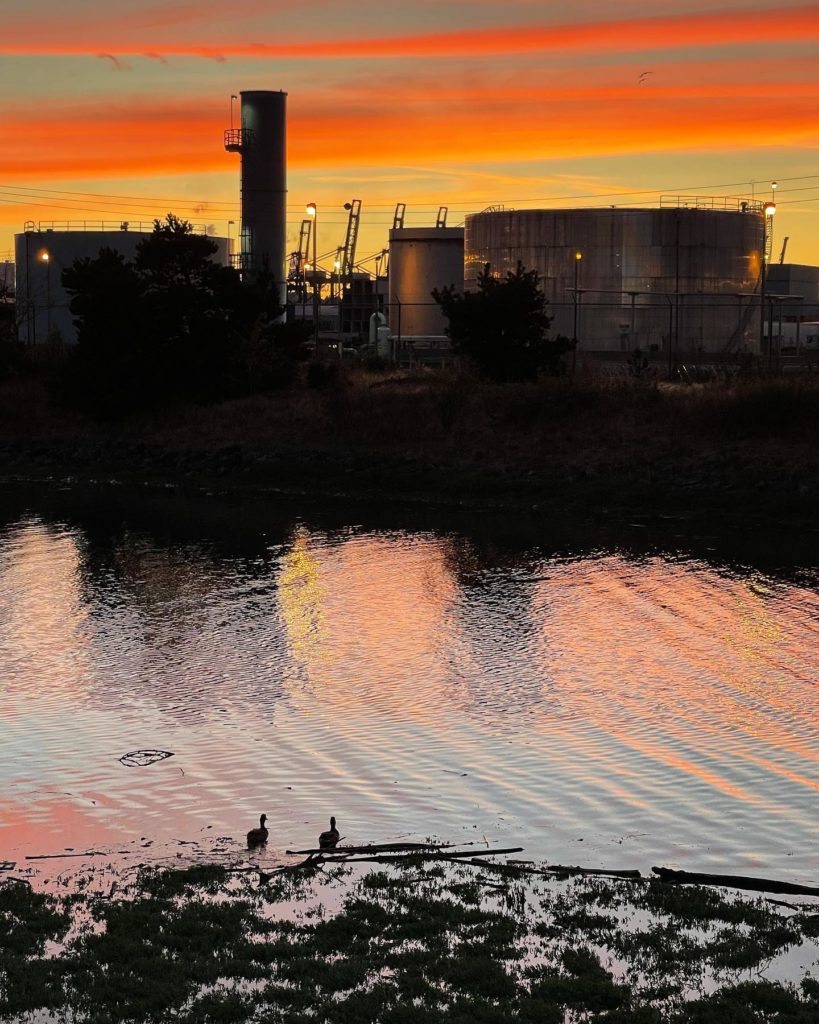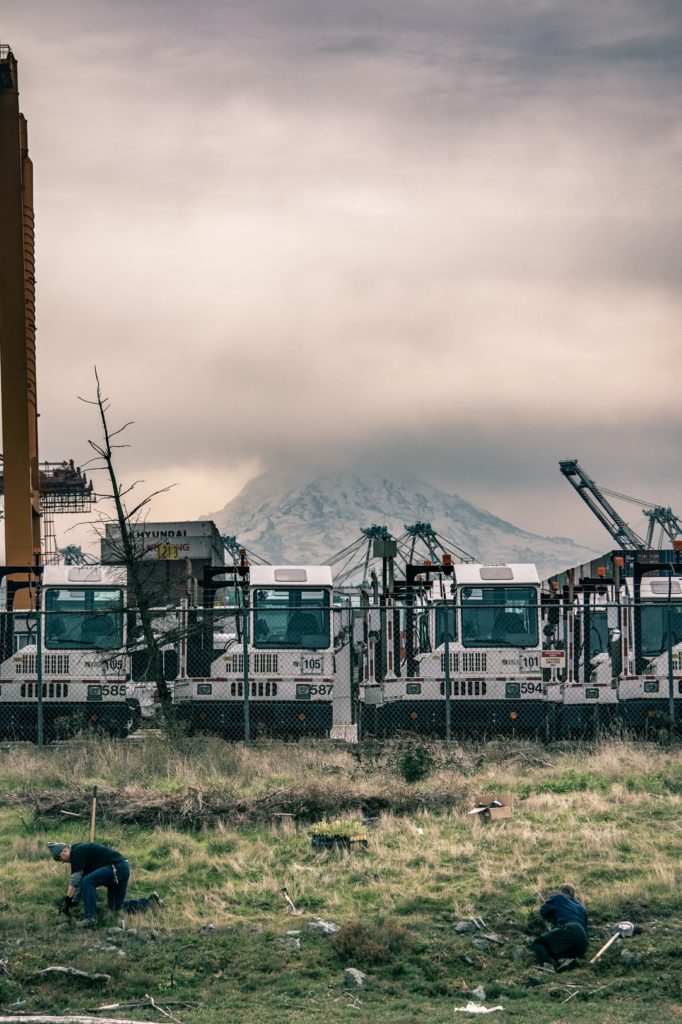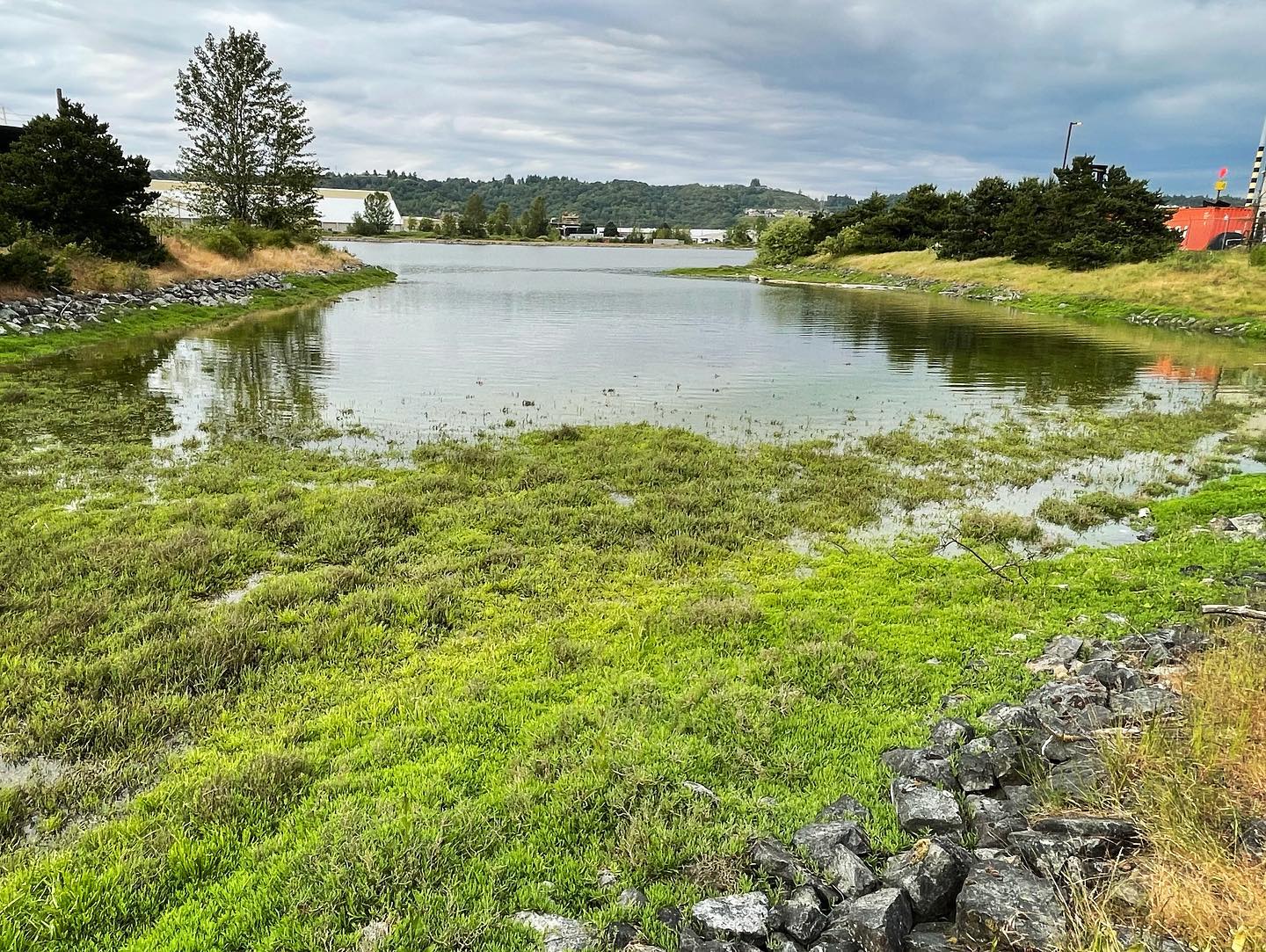This spring and summer 350 Tacoma is hosting a series of events that combine caring for qʷiqʷəlut (“little marsh”), a 1.5 acre salt marsh that we steward, with educational presentations by local organizations and experts. Speakers will cover a wide range of water-related topics.
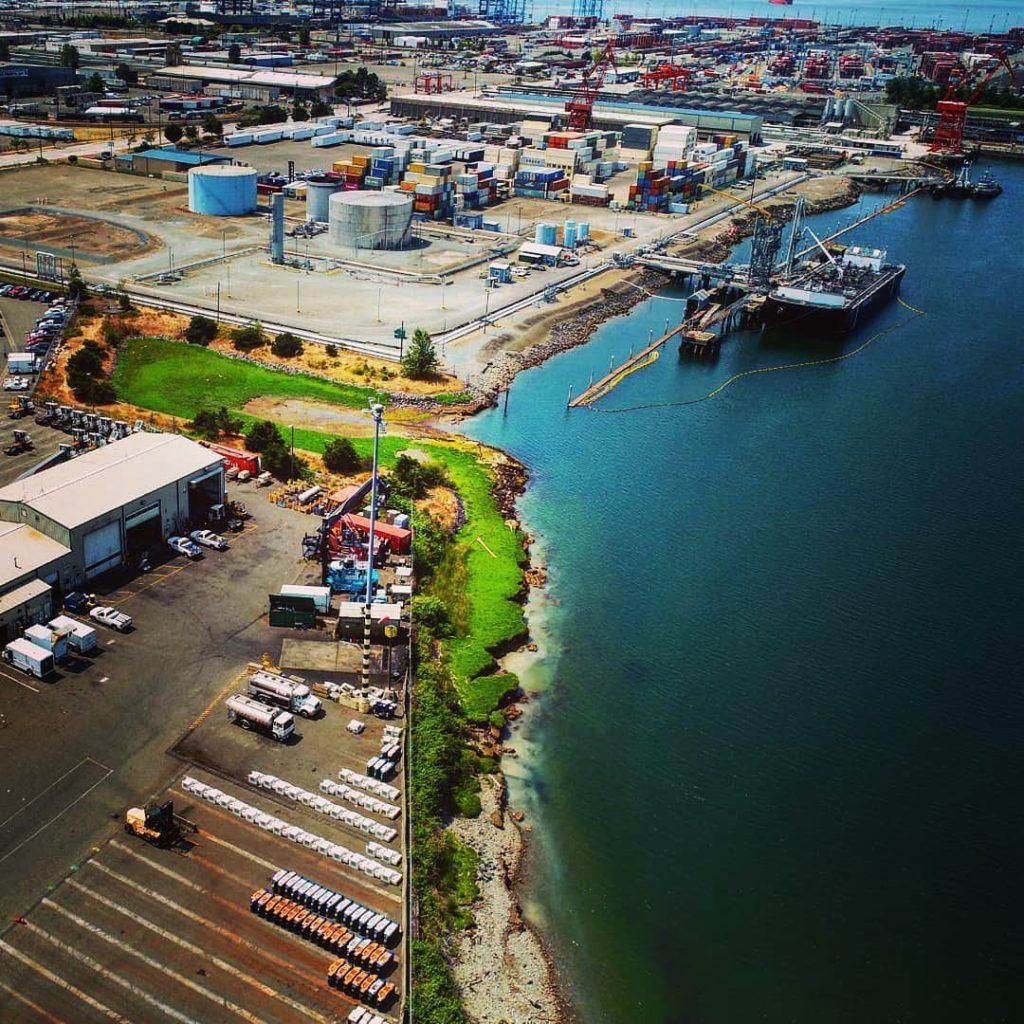
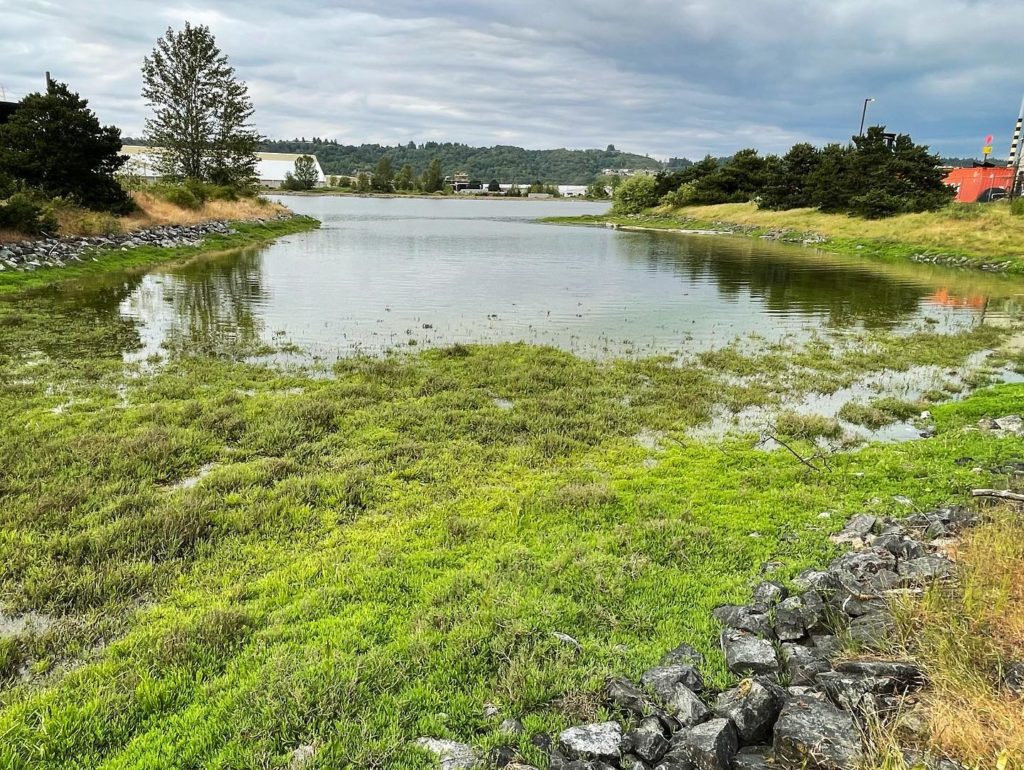
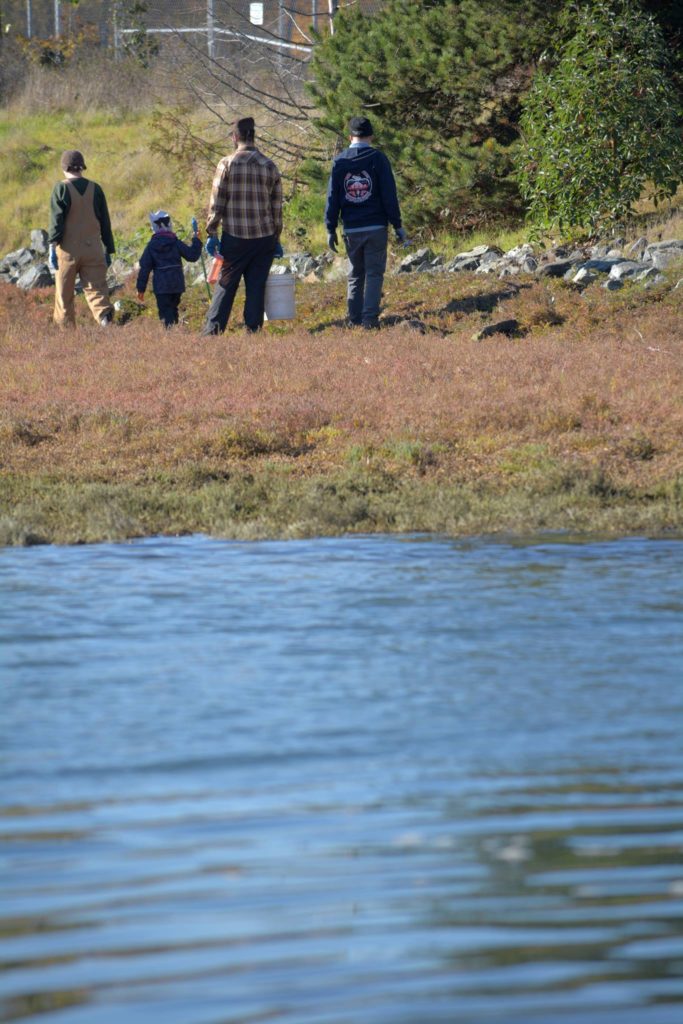
Calendar of Events
All events in the series are on Saturdays. The first hour will be spent at 350 Tacoma, where lunch will be served and we’ll enjoy the presentation of our guest speaker(s). Then we’ll gather into carpools and head over to qʷiqʷəlut. Once there, we’ll tour the salt marsh, pick up trash, and water plants as needed. We’ll spend about an hour there, then return to 350 Tacoma. Everyone is welcome!
350 Tacoma is located at 311 Puyallup Ave, Tacoma 98421. Mostly street parking, and just a 5 minute walk from Tacoma Dome Station. Our space has no stairs and a large single-bathroom stall. Please message us if you have questions about accessibility: 350tacoma@gmail.com
April 27th, starting at 1pm Patricia Gonzalez & Dakota Case, members of The Water Warrior Council will open the series by sharing the history and importance of the Puyallup Tribe’s ancestral tideflats, which includes qʷiqʷəlut and what is known today as the Port of Tacoma. We will also discuss ways we can advocate to protect and restore these sacred waters.
May 18th, starting at 12pm Andromeda with Climate Alliance for the South Sound will discuss the importance of aquifers and the need to preserve our remaining green spaces above aquifer recharge areas, through the lens of the fight against Bridge Industrial paving 125 acres of wetlands in South Tacoma for a mega warehouse. Lowell Wyse, Ph.D., Executive Director of Tacoma Tree Foundation will share insights about the current state of Tacoma’s tree canopies, the struggle to keep newly planted trees alive, and the connection of these issues to water.
June 15th, starting at 12pm Claudia Riedener, a founder of Redefine Tacoma, will share her knowledge about water contamination caused by industrial facilities in Tacoma, and how these toxins impact our waters, marine life and health.
July 13th, starting at 12pm This month Native Daily Network will explore how the buildout or reduction of fossil fuel operations in the Port of Tacoma have an impact on the entire Salish Sea region. When an expansion like Puget Sound Energy’s recent attempt to permit bunker barging of LNG fracked gas is halted, what are the ripple effects? Can zoning changes made during the Tideflats Subarea Plan have far-reaching outcomes? What are the health and safety risks to people and marine life of ships carrying massive quantities of fuel on our waterways?
August 17th, starting at 1pm Members of Seattle Cruise Control will give a presentation about how Seattle-Alaska cruises impact our region and how we can push back on the industry locally. These giant floating resorts pollute our waters and air, endanger our health and climate, exploit onboard workers, and overwhelm destination communities. Each year, Seattle’s cruise sector is responsible for 4 billion gallons of toxic wastes being dumped along the route. And while Seattle gets the tourists, Tacoma gets the pollution of the fossil fuel facilities that power the ships.
September 28th, starting at 1pm We will close out the series by looking towards the future. Dan Sherman, Professor of Environmental Studies and Sciences at the University of Puget Sound and Director of the Sound Policy Institute, will help us explore what rising sea levels, warmer waters, ocean acidification, and droughts mean for marine life, availability of drinking water, flooding of coastline homes and businesses.
qʷiqʷəlut (“little marsh”) Site Logistics:
qʷiqʷəlut (“little marsh”) is located at 1845 Port of Tacoma Rd, Tacoma, WA 98421, just a few minutes drive from 350 Tacoma. We will carpool/caravan over after lunch and the presentation. Most of the walkable area at the site is flat, with a bark path.
If you have your own gloves for helping pick up trash please bring them, but we will also have gloves on site. It’s ok to come check out the site without participating in the watering and cleanup. People with all abilities and limitations are welcome.
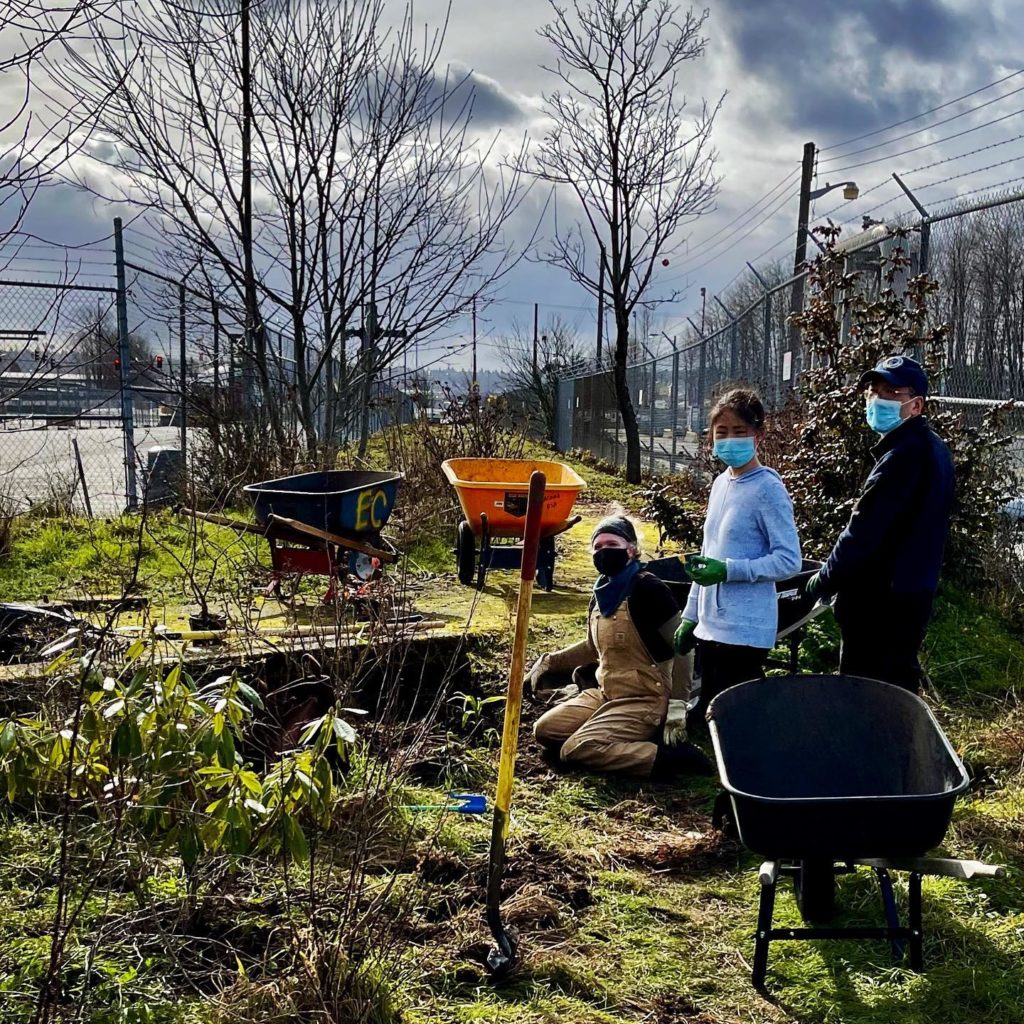
History of qʷiqʷəlut:

For six years now, 350 Tacoma (with the support of City of Tacoma Environmental Services) have been working to restore this long-neglected but resilient site located deep in the industrial Port of Tacoma, nestled between a fossil fuel terminal and a container shipping yard. Check out our short video celebrating 5 years of stewardship here!
As part of the Tacoma Open Space Program, we have hosted regular work parties at the site to remove invasive weeds, restore native habitat, and pick up litter. Tidal and salt marshes, seagrasses and mangroves, are powerhouses when it comes to carbon sequestration — two to four times more than terrestrial forests — and are therefore considered a key component of nature-based solutions to climate change. Salt Marshes help maintain water quality by filtering runoff and excess nutrients while providing vital habitat for fish, birds, invertebrates, bivalves, and other wildlife.
Thank you to everyone who has helped with weeding invasive plants at our Spring & Summer work parties this year! Save the date to help us with planting in the Fall, on Saturday October 12th from 9am – 12pm. Registration link coming soon. This will also be part of Green Tacoma Day.
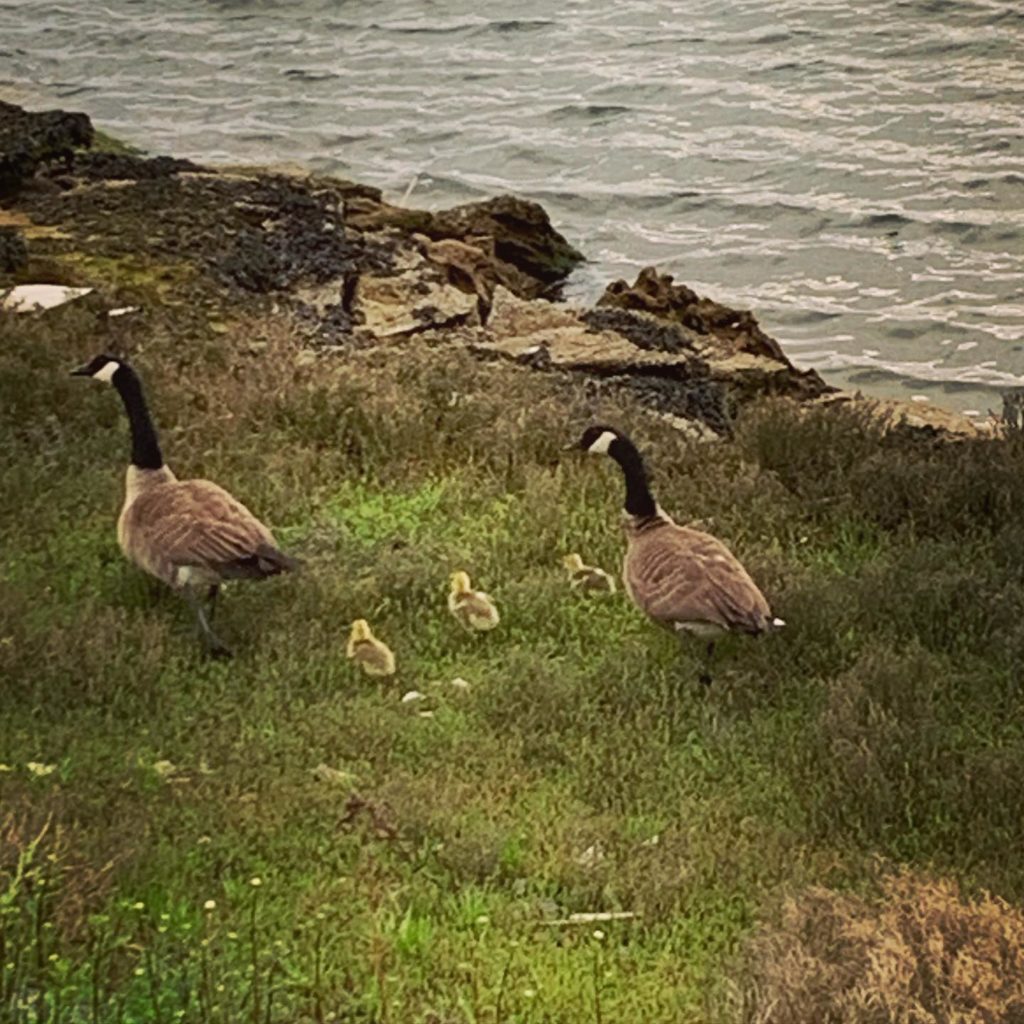
The salt marsh was initially named for a French chemical company — Rhone Poulenc — that once operated on this site, but in consultation with the Puyallup Tribal Language Program, 350 Tacoma worked to restore a native Twulshootseed place name: qʷiqʷəlut (“little marsh”).
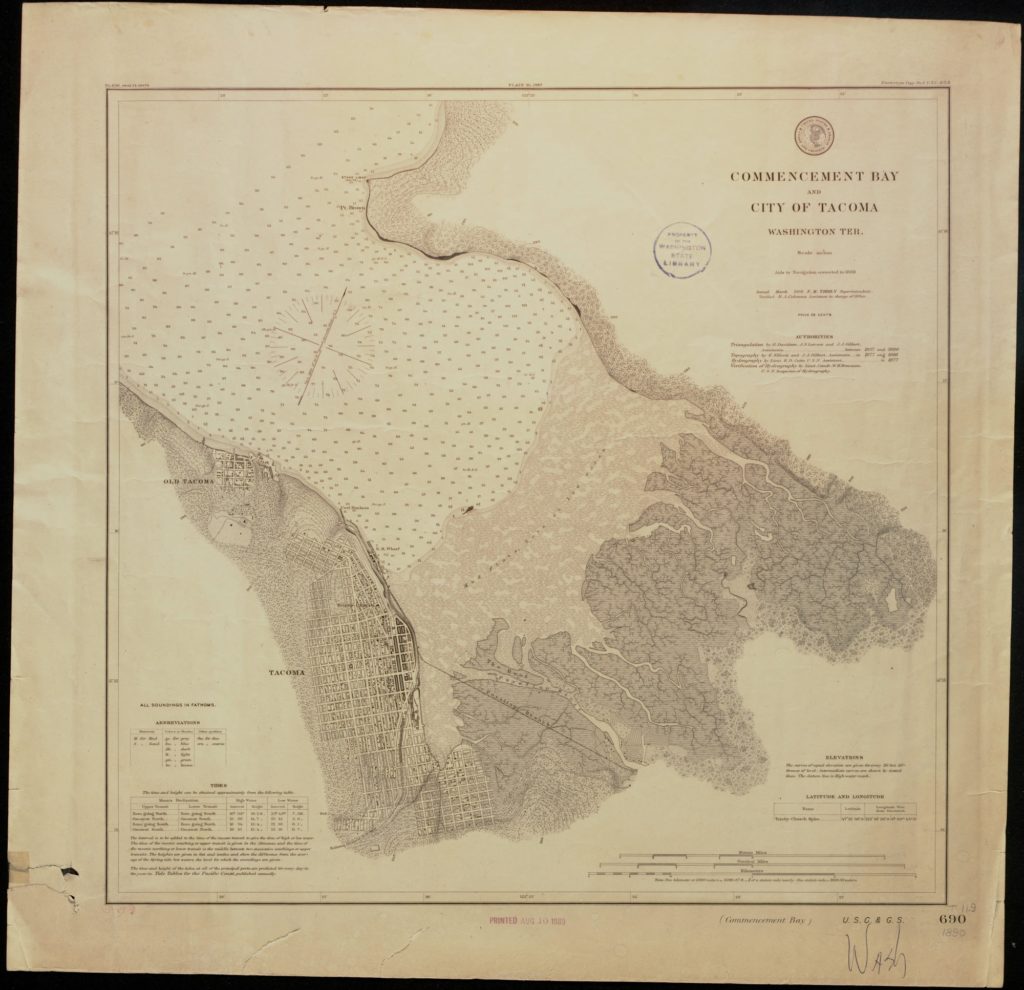
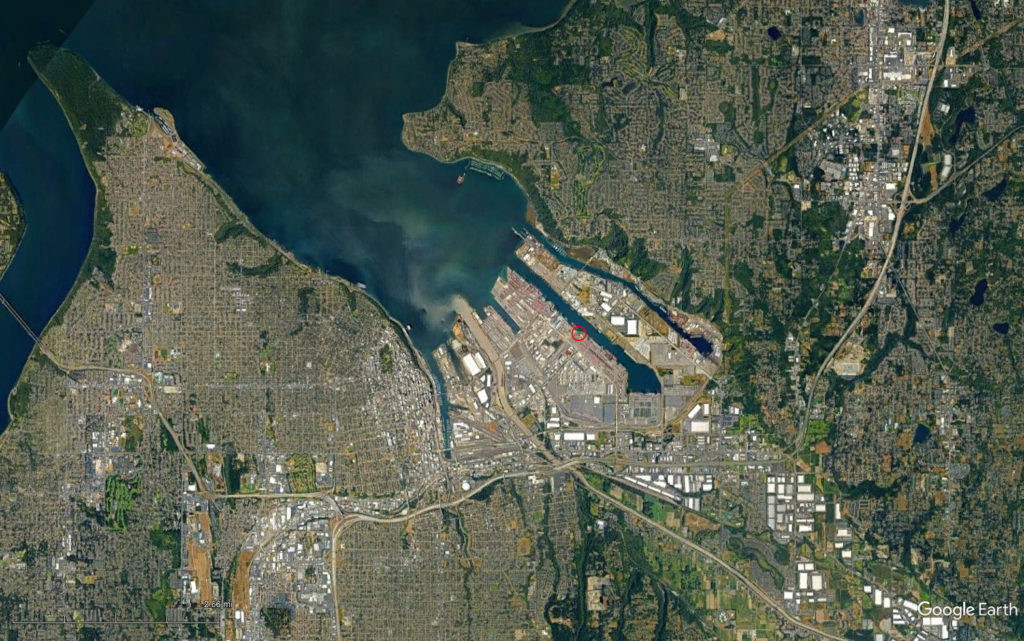
qʷiqʷəlut is located on the ancestral lands of the Puyallup Tribe. Prior to colonization, the area known today as the Port of Tacoma was a thriving pristine estuary, with abundant marine life, wildlife, trees and plants. Much of the tideflats was filled in with contaminated soil from nearby heavy industry, and paved over in the early 1900’s, to create more “land” for Port business operations. The newly paved area meant the Tribe’s Reservation boundary no longer touched the waters of the Tideflats.
Thank You!!!
Thank you to all the organizations and individuals that are participating in the series as guest speakers, sharing your knowledge and time with the community. With deep gratitude to the Water Warrior Council for welcoming the Water Is Life Series and for opening up the first event with your wisdom and teachings.
Support for this event series was provided by the Pacific Northwest Grassroots Fund, a grantmaking fund administered by the Rose Foundation for Communities and the Environment.

